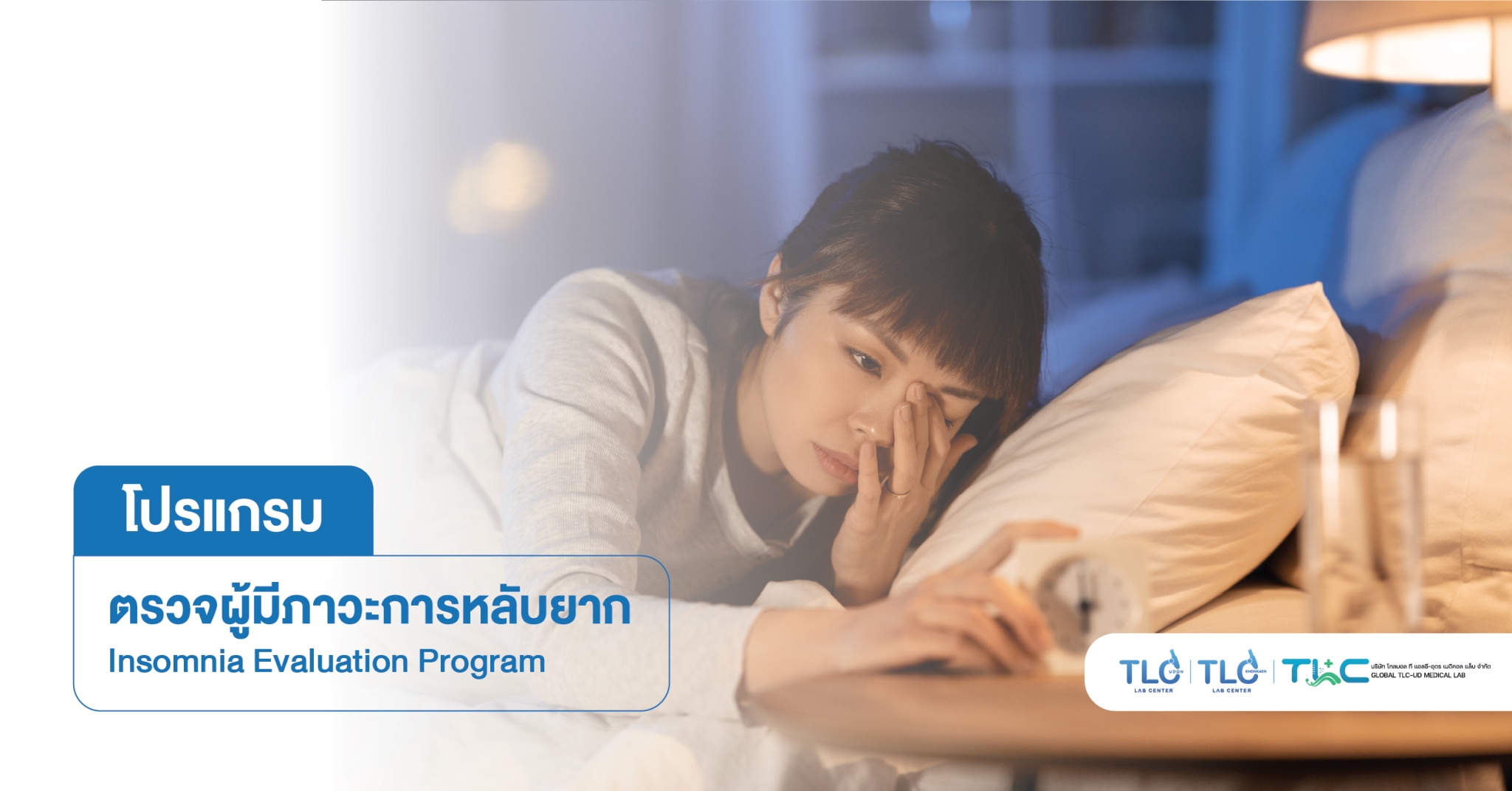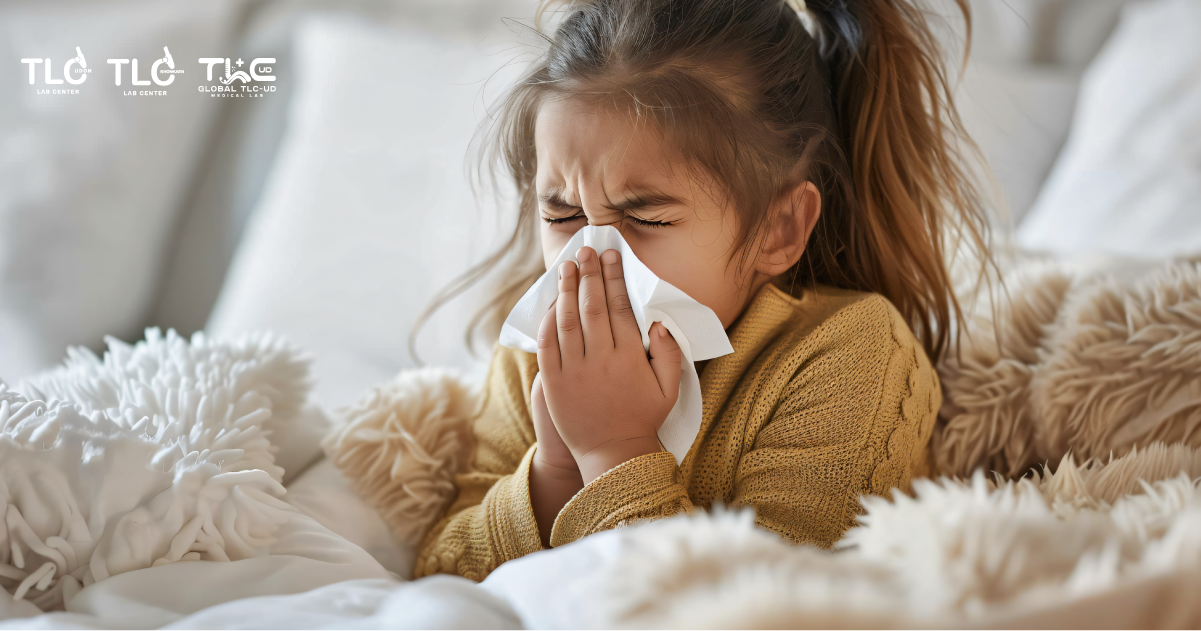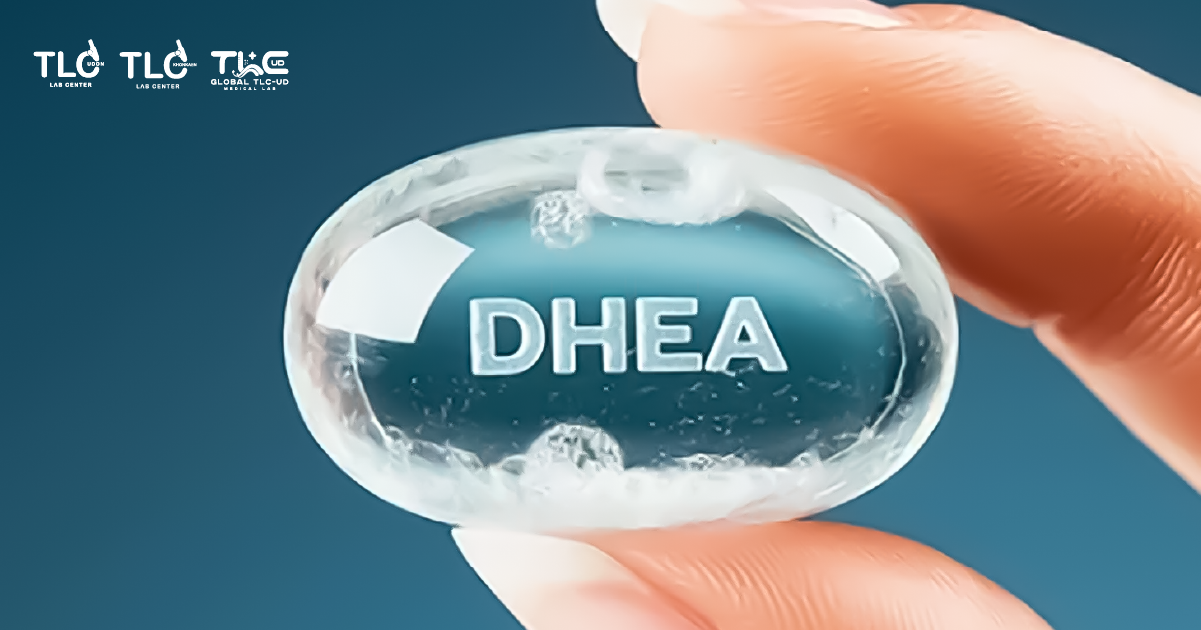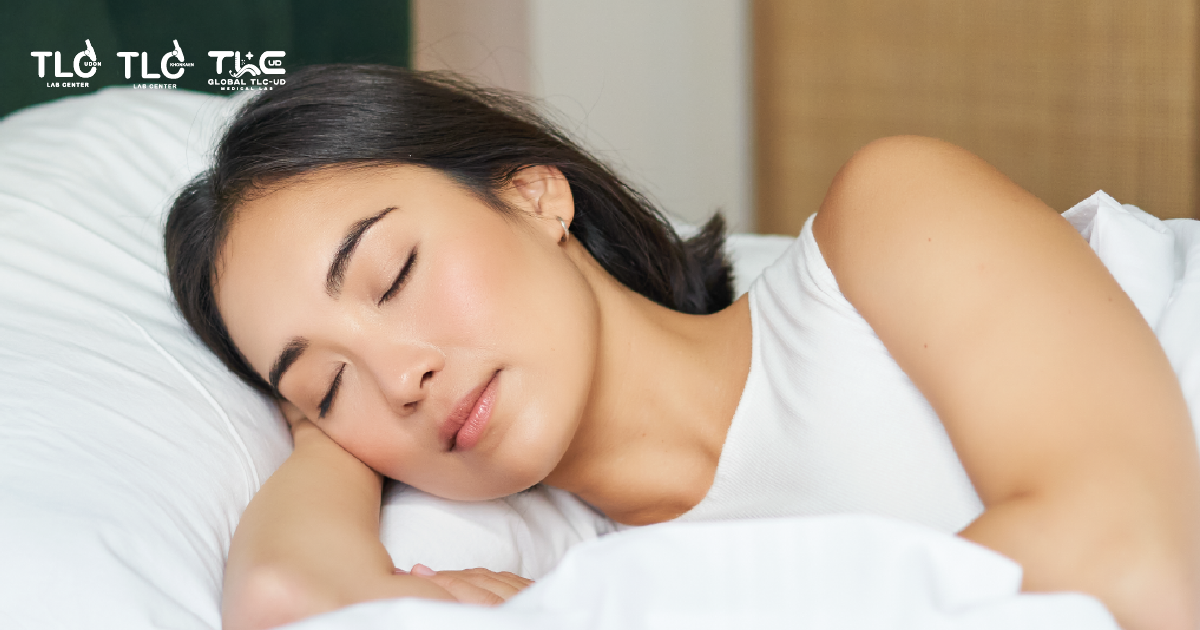Unlocking the Secrets of Hormones Released During Sleep
In today’s fast-paced and chaotic world, our days are often filled with endless responsibilities and pressures. Many people habitually go to bed late or sleep too little, believing that quality sleep is unimportant. As a result, good sleep habits are often neglected. In truth, sleep is far more than a temporary rest—it is the time when the body repairs damage, restores strength, and supports growth. Going to bed early and getting sufficient, restful sleep is therefore essential. During sleep, the body releases hormones that promote happiness, metabolism, and overall health—keeping us stronger, more resilient to illness, and even more youthful in appearance.
Sleep is not only vital for the brain. “Sleep affects nearly every tissue in our bodies,” explains Dr Michael Twery, a sleep expert at the NIH. “It influences growth and stress hormones, our immune system, appetite, breathing, blood pressure, and cardiovascular health.”
Many of us have heard the saying, “Early to bed and early to rise brings health and wealth.” Indeed, going to bed early and waking early offers numerous benefits. While we sleep, the brain releases growth hormone, which promotes physical growth and height in children, and in adults, assists with tissue repair, fat metabolism, muscle development, glowing skin, and efficient wound healing.
Growth hormone, often called the “youth chemical,” is released most abundantly between 10 p.m. and 2 a.m., commonly referred to as the “golden hours of sleep.” Achieving deep, restorative sleep during this time allows the brain to produce growth hormone at optimal levels.
Can Deep Sleep During the “Golden Hours” Really Slow Ageing?
While we sleep, the brain produces not only growth hormone and IGF-1 but also melatonin, which helps us sleep soundly and protects skin cells from free radicals. Melatonin production peaks at night, especially when the room is completely dark.
Conversely, going to bed late and waking late can reduce serotonin—the “happiness hormone”—leading to fatigue, irritability, and even depression. Sleeping fewer than seven to eight hours also decreases leptin, a hormone that regulates appetite. A lack of leptin can lead to overeating, weight gain, and a weakened immune system. Memory and learning ability are likewise impaired, since the hippocampus—the brain region responsible for storing long-term memories—functions best during sleep.
When we sleep, the autonomic nervous system works like a team of invisible helpers, regulating heart rate and blood pressure to remain stable and balanced—something that is much harder to achieve when awake. In simple terms, sleep helps to naturally stabilise blood pressure.
Deep, restful sleep also allows the liver, kidneys, and intestines to function efficiently. Those who frequently stay up late often experience constipation, dull complexions, fatigue, and poor health—effects linked to “sleep deprivation toxicity.” Adequate rest, therefore, acts as a natural detox for the body.
In summary, going to bed before 10 p.m. and waking early helps keep our biological clock in balance, preventing premature ageing. Sleep is truly a gift from nature—a nightly reward that rejuvenates both body and mind. Those who maintain regular, high-quality sleep will undoubtedly feel the difference in their overall health and vitality.
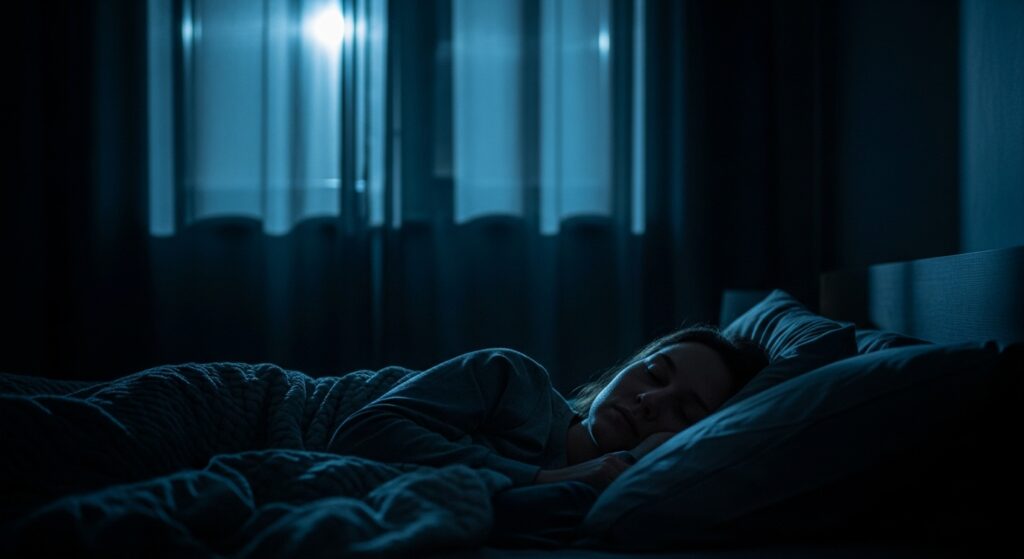
The Benefits of Good Sleep
Quality sleep helps the body release essential hormones of happiness and health, including:
- Melatonin – The “sleep hormone.” Normally secreted between 11 p.m. and 1:30 a.m., melatonin levels rise from evening onwards, peak at night, and drop again in the morning. It is stimulated by darkness and suppressed by light, so a dark, quiet environment and a consistent bedtime are key to good sleep.
- Cortisol – Known as the “alertness hormone,” cortisol helps the body feel energised and ready to face the day. Chronic sleep deprivation, however, causes excessive cortisol production, leading to stress, fatigue, and accelerated ageing, as the hormone breaks down glucose, fats, and proteins. This explains why people under constant stress often appear older than their years.
- DHEA (Dehydroepiandrosterone) – The “anti-stress hormone.” DHEA enhances physical strength, supports libido, and slows ageing. It also counteracts the effects of cortisol during periods of stress. Insufficient sleep reduces DHEA secretion, potentially leading to chronic stress dependency, adrenal fatigue, and increased susceptibility to illness.
Growth Hormone – The “anti-ageing hormone.” It plays a crucial role in stimulating growth, building muscle, metabolising fats and sugars, and maintaining bodily functions. Growth hormone is secreted during deep sleep, between 11 p.m. and 1:30 a.m., which is why it’s best to go to bed by 10 p.m., or no later than 11 p.m.. After midnight, production drops dramatically, reducing the body’s ability to repair and regenerate.
Quality sleep stimulates both growth hormone and melatonin, which together promote cell repair, protect against free radicals, and strengthen the immune system. Good sleep also helps regulate mood and enhances brain function.
Other Benefits of Quality Sleep
- Boosts Immunity: Adequate sleep strengthens the immune system, improving resistance to infections.
- Enhances Cognitive Function: Well-rested individuals think more clearly, react faster, and focus better.
Reference
- What Happens When You Sleep?. [ sleepfoundation.org ]
- Stages of Sleep. [ sleepfoundation.org ]
- Scott, A. J., et al. “Improving sleep quality leads to better mental health: A meta-analysis.” PMC (2021)
- Ramar, K., et al. “Sleep is essential to health.” Journal of Clinical Sleep Medicine
- Patel, A. K. “Physiology, Sleep Stages.” StatPearls (2024).
- Bollu, P. C., et al. “Sleep Medicine: Insomnia and Sleep.” PMC (2019).
- Baranwal, N., et al. “Sleep physiology, pathophysiology, and sleep hygiene.” (2023).
- Khosravi, M., & Khosravi, R. “Effectiveness of non-invasive brain stimulation in improving sleep quality



